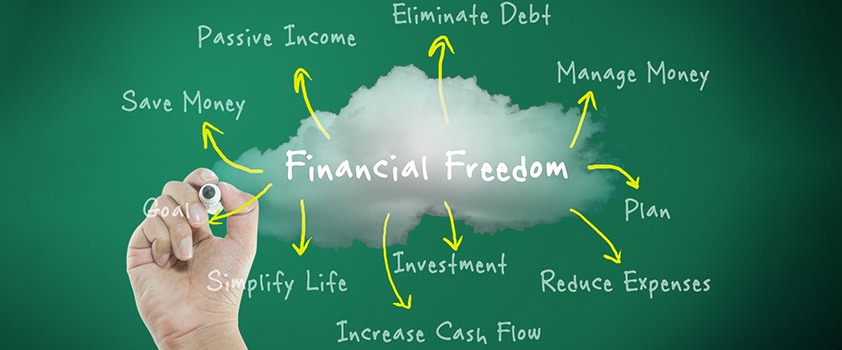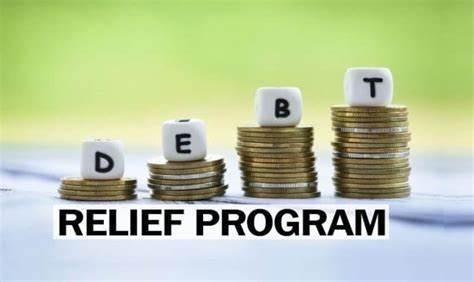Debt refers to an amount of money borrowed by one party from another, with the expectation that it will be repaid, typically with interest. It is a financial obligation that can be incurred for various reasons, such as purchasing assets, funding education, or covering emergency expenses. Debt can be a useful tool for achieving financial goals, but it must be managed responsibly to avoid financial difficulties.

Types of Debt
-
Secured Debt:
- Description: Secured debt is backed by collateral, such as a house or a car, which the lender can seize if the borrower defaults on the loan.
- Examples: Mortgages, auto loans, and secured personal loans.
- Key Features: Lower interest rates, longer repayment terms, and the risk of losing the collateral if payments are not made.
-
Unsecured Debt:
- Description: Unsecured debt is not backed by collateral, making it riskier for the lender and typically resulting in higher interest rates.
- Examples: Credit cards, student loans, and unsecured personal loans.
- Key Features: Higher interest rates, shorter repayment terms, and no risk of losing assets, but potential impact on credit score if payments are missed.
-
Revolving Debt:
- Description: Revolving debt allows the borrower to draw down and repay the loan amount repeatedly, up to a certain limit.
- Examples: Credit cards and lines of credit.
- Key Features: Flexibility in borrowing and repayment, but typically higher interest rates and the potential for increasing debt if not managed properly.
-
Installment Debt:
- Description: Installment debt requires the borrower to repay the loan in fixed installments over a set period.
- Examples: Mortgages, auto loans, and student loans.
- Key Features: Predictable repayment schedule, but potential for long-term financial commitment.
Importance of Managing Debt Responsibly
-
Financial Stability: Managing debt responsibly helps maintain financial stability by ensuring that payments are made on time and that debt levels are kept within manageable limits.
-
Credit Score: Responsible debt management positively impacts your credit score, making it easier to access future credit at favorable terms.
-
Avoiding Financial Stress: Effective debt management helps avoid financial stress by preventing the accumulation of excessive debt and ensuring that payments are affordable.
-
Achieving Financial Goals: Managing debt responsibly enables individuals and businesses to achieve financial goals, such as purchasing a home, funding education, or expanding a business.
Strategies for Paying Off Debt
-
Create a Budget: Develop a budget that includes all income and expenses, and allocate funds towards debt repayment. Prioritize debt repayment as a essential expense.
-
Prioritize High-Interest Debt: Focus on paying off debts with the highest interest rates first, as they accumulate more quickly and can be more costly in the long run.
-
Consolidate Debt: Consider consolidating multiple debts into a single loan with a lower interest rate, making it easier to manage repayments and potentially reducing overall interest costs.
-
Negotiate Terms: Contact lenders to negotiate better terms, such as lower interest rates or extended repayment periods, which can make debt repayment more manageable.
-
Increase Income: Explore ways to increase income, such as taking on a side job or selling unwanted items, to allocate more funds towards debt repayment.
-
Seek Professional Help: If debt becomes unmanageable, consider seeking help from a financial advisor or credit counselor, who can provide guidance and strategies for paying off debt.
Conclusion
Understanding and managing debt responsibly is crucial for maintaining financial health and achieving long-term financial goals. By recognizing the types of debt, the importance of responsible management, and implementing effective strategies for paying off debt, individuals and businesses can navigate financial obligations successfully. Whether you're dealing with secured, unsecured, revolving, or installment debt, responsible management practices will help you achieve financial stability and success.





